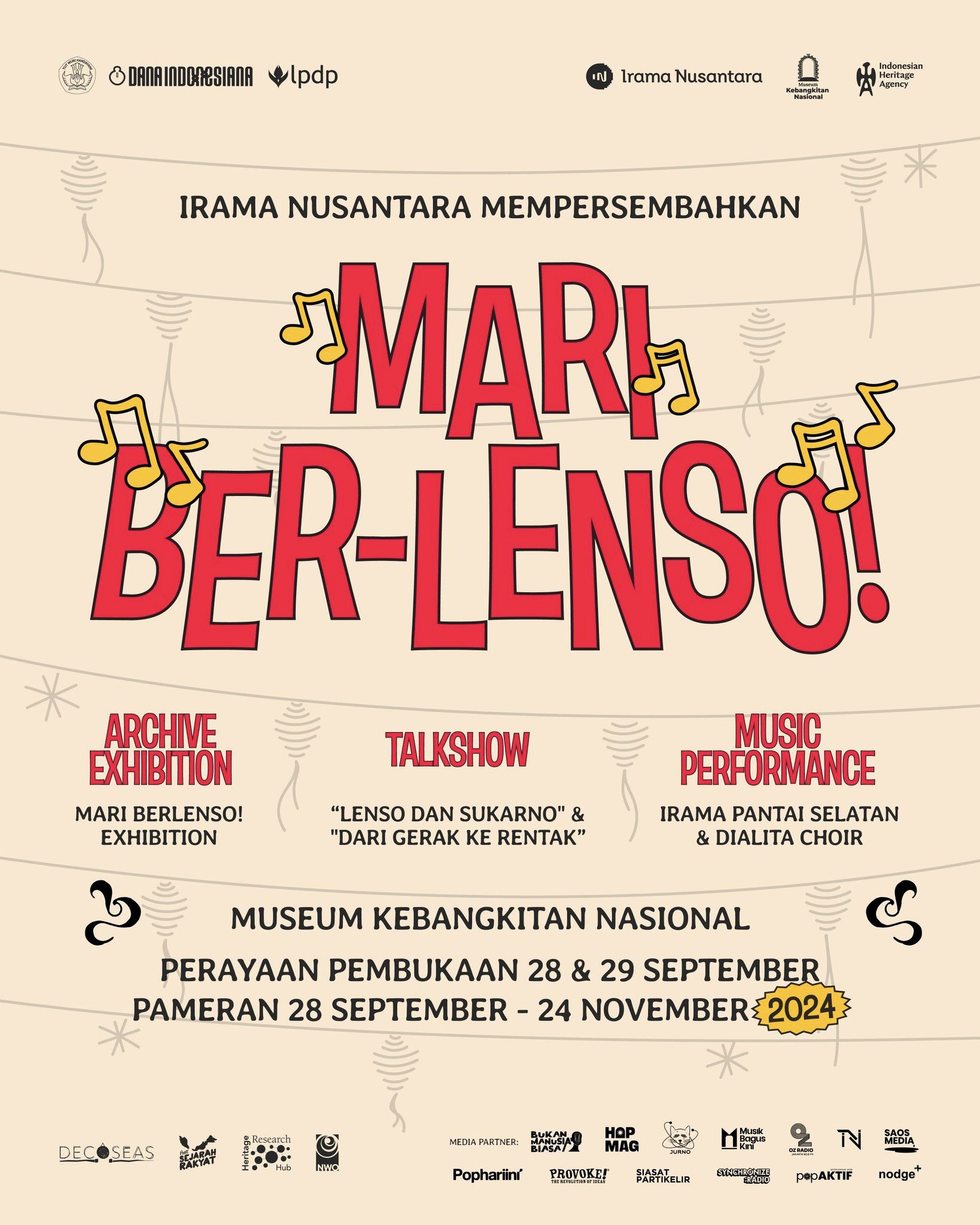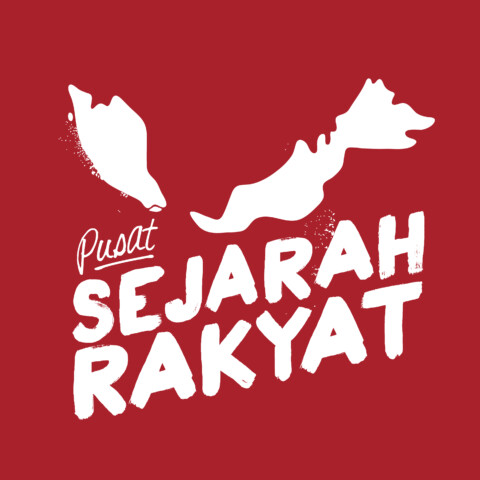
Archival Exhibition ‘Mari Ber-Lenso!’
In conjunction with DeCoSEAS Fellowship Program, our program coordinator, Zikri Rahman, embarked in a three months archival research project with the Jakarta based music archive organisation, Irama Nusantara. In relation to that, an exhibition entiled Mari Ber-Lenso! curated by Zikri will be organised from 28th September to 24th November 2024 at Museum Kebangkitan Nasional, Indonesia.
CURATORIAL TEXT by Zikri Rahman (Program Coordinator, Pusat Sejarah Rakyat)
Amidst the specter of the Cold War and the emergence of third world internationalism, the Sixties serves as an intriguing long history that continues to shape Indonesia today. The history; never set to leave. Contextualising Lenso as a decolonial attempt of vibrant popular music production in a heavily contested cultural politic in Indonesia, this archival exhibition; deriving from a three-month fellowship program initiated by Decolonizing Southeast Asian Sound Archives’ (DeCoSEAS) Fellowship and hosted by Irama Nusantara, takes interest of the generative socio-political dimension of Lenso as a music genre.
Lenso, undoubtedly, occupies an interesting foreground of multiple ideological contestations throughout the period of Swinging Sixties. Traditionally practiced as a form of social dance from the Maluku Island, Lenso, was then posited by Soekarno to how popular music with Indonesian ‘characteristics’ is imagined. Facing the aggression of hegemonic culture from the Western bloc; colloquially coined as ngak-ngik-ngok, Lenso provides an interesting convergence of overt governmentality of state-based cultural formation.
Rather in seeing Lenso merely as a cultural artefact, the interrogation of the under-research music genre as a social practice and how embedded the discourses are within its productions are rather illuminating. By periodizing multiple archival materials to non-linear Indonesia’s historical timeline, it highlights the intertwined involvement of multiple music and cultural actors. From the prominent role of the supergroup, Orkes Irama, who is at the forefront of cultural diplomacy under Sukarno, to bodies of albums that produced the loosely defined sounds of Lenso and its dissemination, this exhibition attempts to capture how different entities negotiate and re-assert multiple notions of indigenizing cultural processes. It is within these aspects, various constellations of how Lenso music is being envisioned by incorporating influences of the traditional music, yet modern sensibilities thrive throughout the volatile periods of postcolonial Indonesia.
More information of the archival research project undertaken by Zikri Rahman entitled ‘Musik Lenso as the Antithesis of Western “ngak-ngik-ngok” Music: Popular Music as a Method of Decolonization’ can be accessed HERE.
